However, many policies issued are still far from the conditions for implementation at the grassroots level. Listening to the voices of managers and teachers is a vital factor to ensure that policies are put into practice.
Voice from the teacher
As a person who directly teaches at a school in a border area with many shortages, Ms. Ha Thi Khuyen - Quan Son High School (Quan Son, Thanh Hoa) frankly shared: "We need to be listened to, participated in and recognized as subjects creatingeducation , not just passive implementers."
According to Ms. Khuyen, educational practice is extremely diverse, with big differences between regions. If sub-legal documents are not built on the foundation of listening to voices from the grassroots, it can easily lead to a situation where "the documents are one thing - the practice is another".
“I have seen many regulations showing difficulties when applied in practice. For example, regulations on integrated teaching lack necessary support conditions, or the program requires students to demonstrate their abilities and qualities, but in remote areas, many students do not have enough Vietnamese to express themselves.
At that time, teachers must manage themselves, flexibly find ways to both comply and adapt," Ms. Khuyen confided, hoping that policy-making agencies will have a real mechanism for teachers and managers at the grassroots level to participate in giving their opinions. This should not stop with formal conferences or secret ballot surveys, but need open, in-depth discussion forums where the voices of those involved are heard with a spirit of inquiry and respect.
Sharing the same concern, Ms. Le Thi Phuong Huyen - Tam Chung Kindergarten (Tam Chung, Thanh Hoa ) emphasized that many current regulations are still general and difficult to apply to the specific conditions of mountainous and border areas.
In particular, the Vietnamese language enhancement program is very necessary, but many documents and learning materials are not designed to be completely suitable for the level and native language of children in the highlands. Documents require organizing many outdoor activities and practical experiences. However, with rugged terrain and harsh climate, organizing as required is a big challenge.
In addition, many teachers' opinions are limited to internal school meetings and do not reach policy-making levels, leading to a limited channel for feedback. Teacher rotation requires special attention to teachers' personal circumstances, cultural and linguistic competence, and psychological stability so as not to disrupt the quality of education.
Therefore, Ms. Huyen believes that the situation of "laws being one way, instructions being another" or regulations being no longer appropriate but being slowly amended has been causing confusion for schools and putting a lot of pressure on teachers.
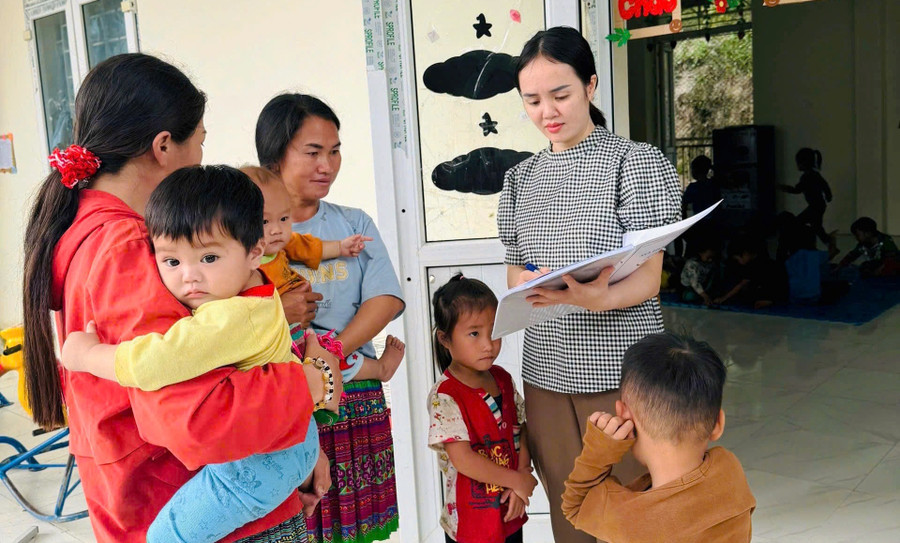
Specific disadvantages
Not only sharing concerns, educational managers at the facility also made specific proposals to remove bottlenecks based on practical experiences. Mr. Le Xuan Thi - Vice Principal of Giao Thien Secondary School (Giao An, Thanh Hoa), raised urgent problems related to personnel management and remuneration. According to Mr. Thi, the regulation on 2-level local government requires specific guidance documents on decentralization of recruitment.
The Vice Principal of Giao Thien Secondary School also said that many schools in mountainous areas are seriously lacking teachers. Previously, the People's Committee of Lang Chanh District (old) could transfer teachers between schools, but now this mechanism is no longer effective because all schools are lacking. Mr. Thi said that the Department of Education and Training takes on this role to coordinate personnel in a more flexible and effective way.
Regarding the allowance regime, Mr. Thi pointed out the reality: Teachers in many mountainous communes of Thanh Hoa have great difficulty in traveling, especially during the rainy season, but only receive a preferential allowance of 35%. Meanwhile, only teachers teaching in communes under Program 135 are entitled to the allowance for particularly difficult areas. Mr. Thi suggested that the Government should revise the allowance regime to be more suitable to reality, so that teachers can work with peace of mind and contribute long-term.
The above responses show that if we want the policy to truly come into life, expanding the voice from the grassroots level becomes a mandatory requirement. Mr. Le Thanh Hai - Principal of Dong Tho Secondary School (Ham Rong, Thanh Hoa) emphasized that it is necessary to soon overcome the situation of overlapping and unsynchronized documents on teachers and create breakthrough policies to develop the team.
“The Law on Teachers will only be truly valuable when it is built on the foundation of educational practice, with the real participation of those involved. It is necessary to soon establish a two-way, democratic and regular dialogue mechanism between policy-making agencies and the teaching staff.
When teachers are involved from the construction stage, policies will be closer to reality and have a higher chance of success," Mr. Hai shared, emphasizing that all regulations, if they want to be feasible and sustainable, must originate from an understanding of teaching life, from the voices of teachers - those who are persistently pursuing the "career of educating people" every day.
The promulgation of the Law on Teachers is an opportunity to institutionalize the Party's policies on developing the teaching staff, while at the same time building a unified legal corridor that is suitable for Vietnam's reality. - Mr. Le Thanh Hai - Principal of Dong Tho Secondary School
Source: https://giaoducthoidai.vn/dua-luat-nha-giao-vao-cuoc-song-lang-nghe-tu-thuc-tien-post739422.html


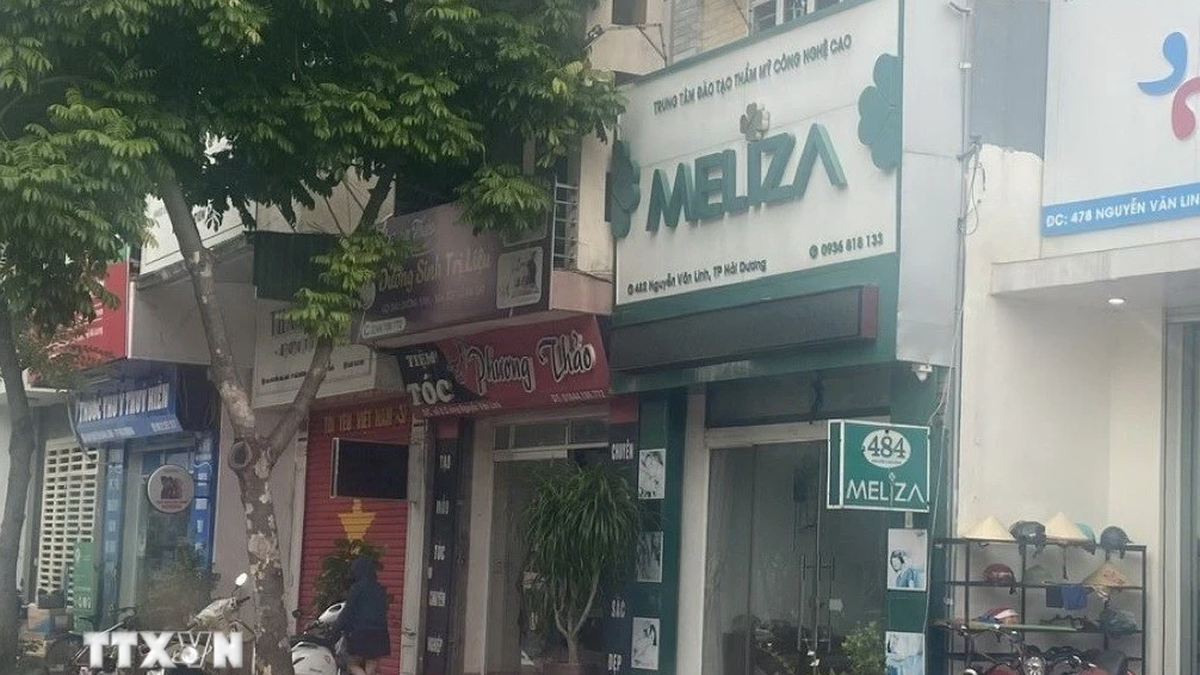


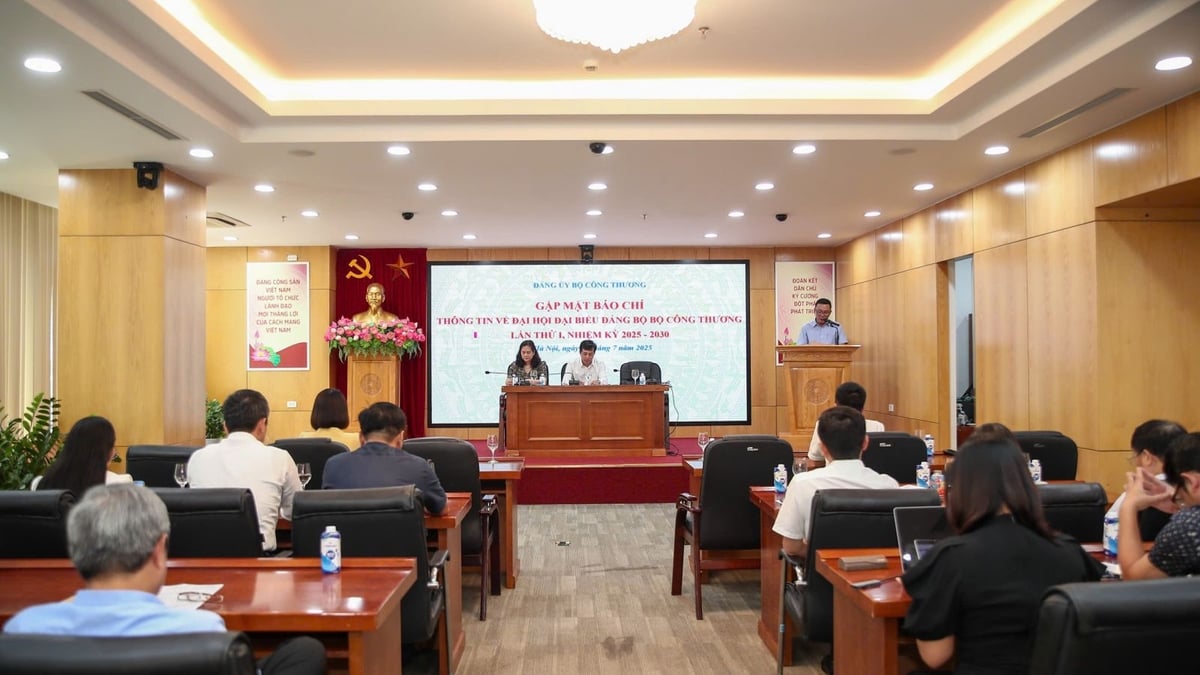















































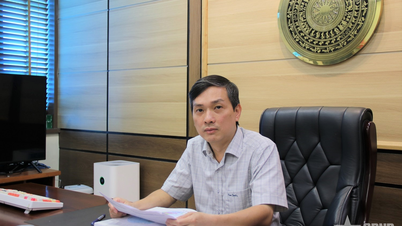










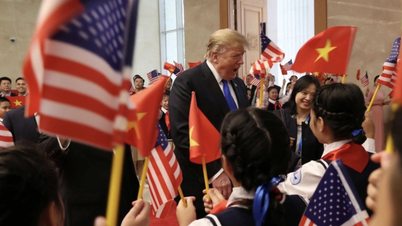
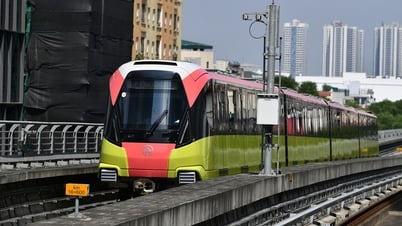
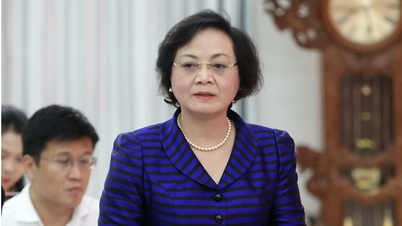





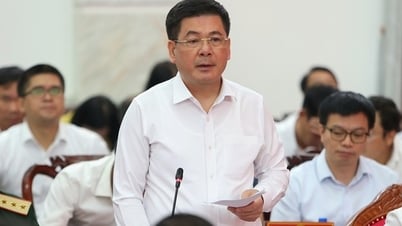

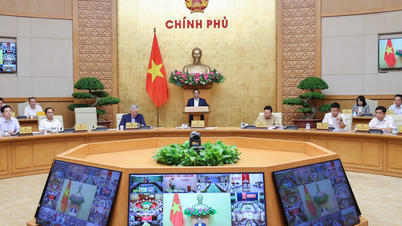

























Comment (0)